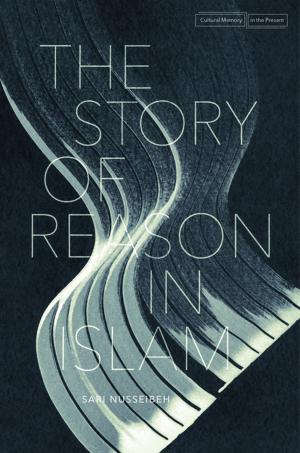Obscure Invitations
The Persistence of the Author in Twentieth-Century American Literature
Fiction & Literature, Literary Theory & Criticism, American| Author: | Benjamin Widiss | ISBN: | 9780804780681 |
| Publisher: | Stanford University Press | Publication: | September 1, 2011 |
| Imprint: | Stanford University Press | Language: | English |
| Author: | Benjamin Widiss |
| ISBN: | 9780804780681 |
| Publisher: | Stanford University Press |
| Publication: | September 1, 2011 |
| Imprint: | Stanford University Press |
| Language: | English |
Literary studies in the postwar era have consistently barred attributing specific intentions to authors based on textual evidence or ascribing textual presences to the authors themselves. Obscure Invitations argues that this taboo has blinded us to fundamental elements of twentieth-century literature. Widiss focuses on the particularly self-conscious constructions of authorship that characterize modernist and postmodernist writing, elaborating the narrative strategies they demand and the reading practices they yield. He reveals that apparent manifestations of "the death of the author" and of the "free play" of language are performances that ultimately affirm authorial control of text and reader. The book significantly revises received understandings of central texts by Faulkner, Stein, and Nabokov. It then discusses Eggers' Heartbreaking Work of Staggering Genius and the films Seven and The Usual Suspects, demonstrating that each is a highly self-aware rebuttal of the notion of authorial absence.
Literary studies in the postwar era have consistently barred attributing specific intentions to authors based on textual evidence or ascribing textual presences to the authors themselves. Obscure Invitations argues that this taboo has blinded us to fundamental elements of twentieth-century literature. Widiss focuses on the particularly self-conscious constructions of authorship that characterize modernist and postmodernist writing, elaborating the narrative strategies they demand and the reading practices they yield. He reveals that apparent manifestations of "the death of the author" and of the "free play" of language are performances that ultimately affirm authorial control of text and reader. The book significantly revises received understandings of central texts by Faulkner, Stein, and Nabokov. It then discusses Eggers' Heartbreaking Work of Staggering Genius and the films Seven and The Usual Suspects, demonstrating that each is a highly self-aware rebuttal of the notion of authorial absence.















